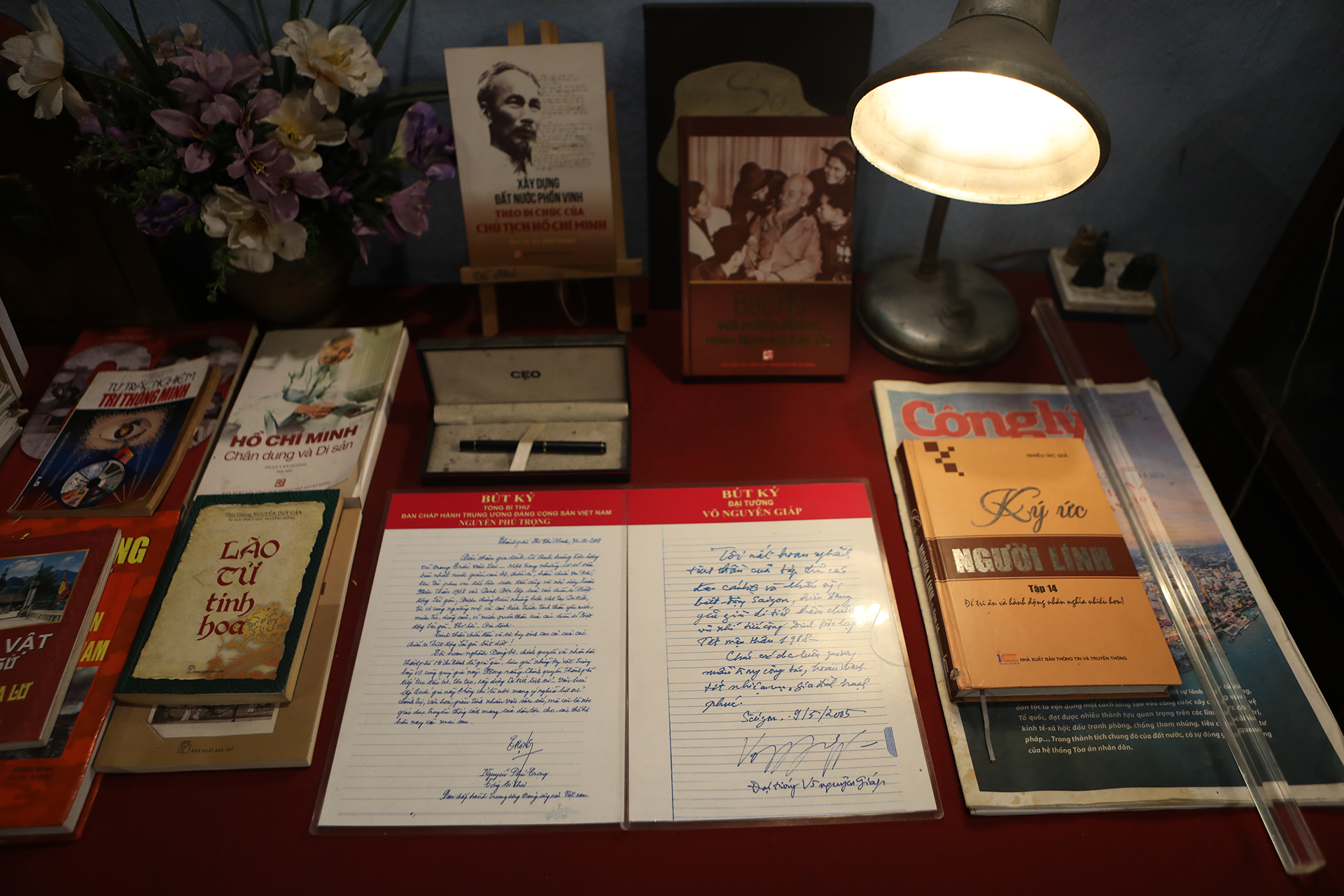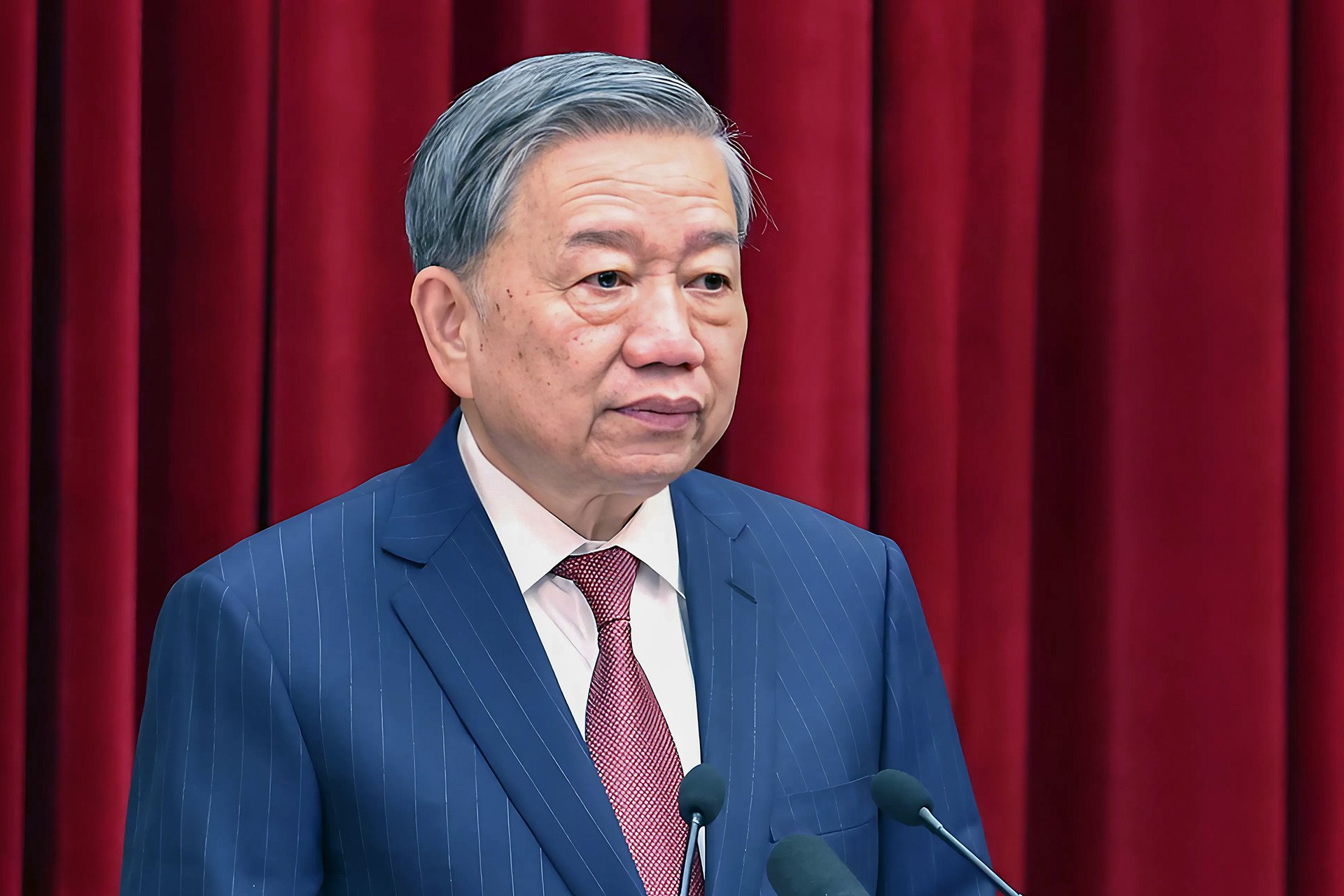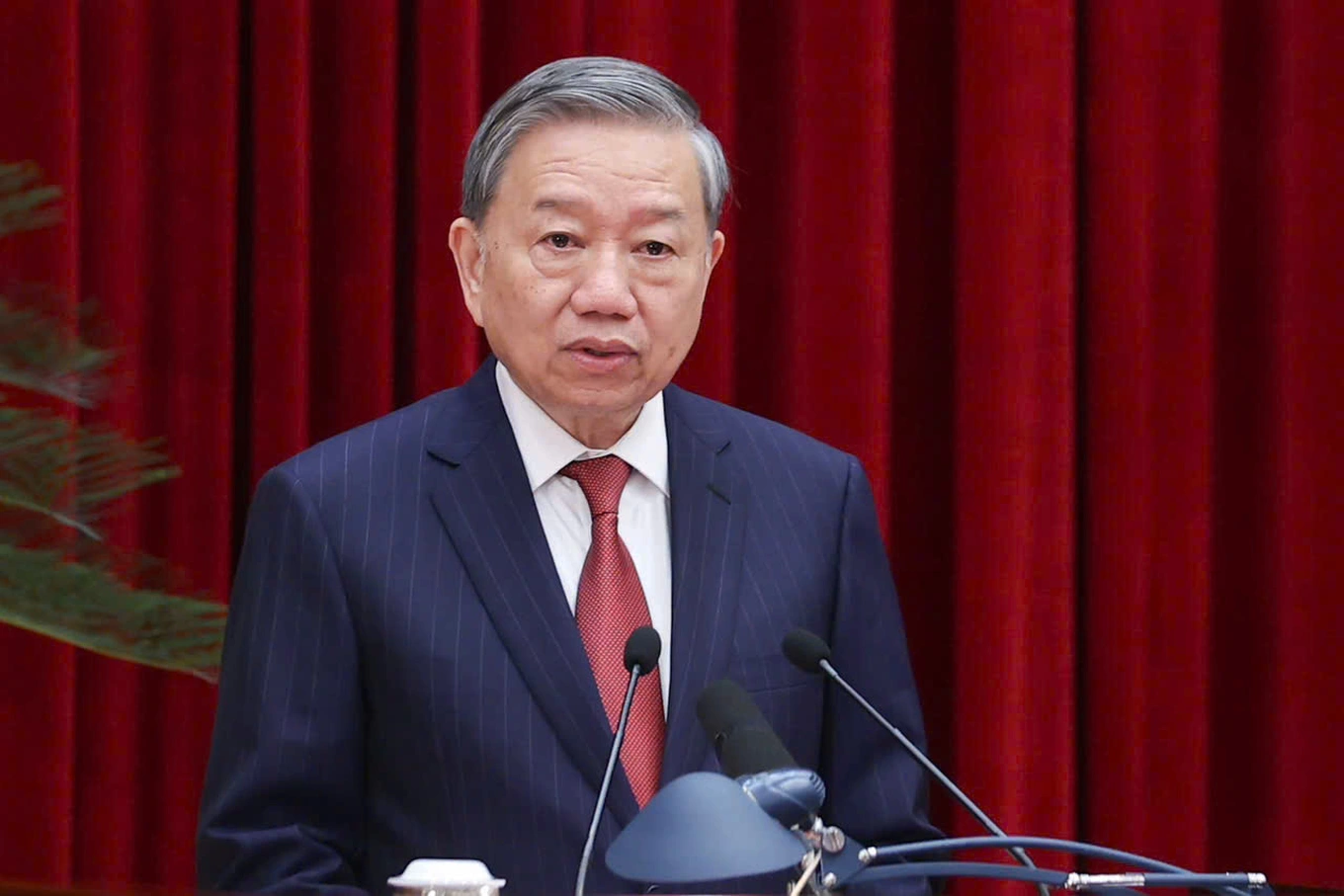Focus on one idea
“I recommend starting with an idea that you’re really passionate about and spending time focusing on it to make sure it’s polished,” Wright says. Since editors are often busy and overworked, she says, it’s best for new journalists to tackle one idea at a time.

Illustration: GT
Choose a new perspective on a topic
Meanwhile, small changes in how you approach a topic can make a big difference, says Roisin Lanigan, editor at The Fence. She recommends taking a fresh look at a hot topic, as these stories are more likely to attract editors’ attention.
Short and detailed
Be concise yet thorough in your article. Explain terms, list potential interviewees, the issues you will investigate for your article, and estimate the word count as concisely as possible.
Cleary urges journalists to be transparent about their sources, and to provide realistic dates for submitting and publishing articles. “For example, if you’re pitching an article tied to a movie anniversary, you’ll want to frame the publication date as on or before the anniversary,” she says.
Suitable title
“I find that if you can't come up with an appropriate title for your planned article, you probably don't have a clear enough view of the issue,” says Cleary.
Dare to be unique
Wright emphasizes the importance of presenting a unique and engaging tone to capture attention. “The best introductions will engage me about something, especially something I'm unfamiliar with, in a unique and surprising way that makes me excited to learn more.”
She also encourages embracing uniqueness, especially when it comes to pop culture. “Don’t be afraid to be weird and even a little bit off. I want a strong personality and writing style rather than a resume,” she says.
Receive feedback
After you submit your article, be open to constructive feedback. “I’m really grateful to editors for taking a chance on me when I had little or no published work,” says Lanigan. “But I think the mistake I made with those editors was that I got really frustrated with the edits they suggested.”
Remember that an editor's job is to perfect your work. Their feedback is not a critique of your abilities, but a valuable tool to help you grow.
Don't be discouraged by rejection.
“I’ve been there so I know it’s going to be pretty painful at first, but stick with it and it gets less painful over time,” says Wright.
There's also nothing wrong with explaining to editors that you're a new journalist and want feedback so you can improve in the future. "Not every editor has the time to give you that feedback, but it never hurts to ask, and we were all new once."
Ngoc Anh (according to IJNET)
Source: https://www.congluan.vn/mot-so-loi-khuyen-cho-nguoi-moi-buoc-chan-vao-nghe-bao-post299303.html



![[Photo] Overcoming all difficulties, speeding up construction progress of Hoa Binh Hydropower Plant Expansion Project](https://vstatic.vietnam.vn/vietnam/resource/IMAGE/2025/4/12/bff04b551e98484c84d74c8faa3526e0)
![[Photo] Closing of the 11th Conference of the 13th Central Committee of the Communist Party of Vietnam](https://vstatic.vietnam.vn/vietnam/resource/IMAGE/2025/4/12/114b57fe6e9b4814a5ddfacf6dfe5b7f)

























































































Comment (0)